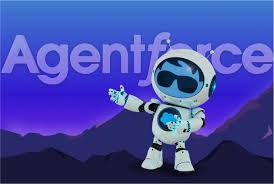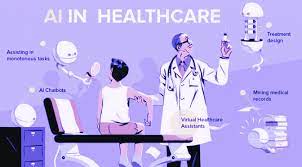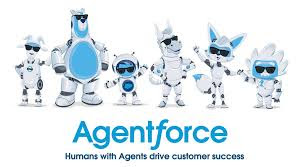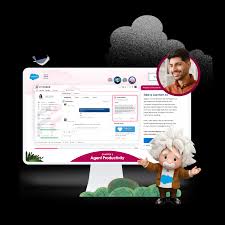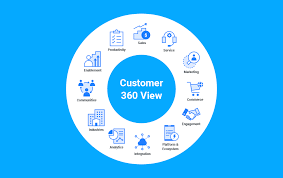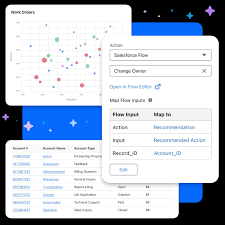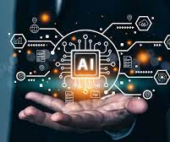The Nuclear Power Revival
The Nuclear Power Revival: How Big Tech is Fueling AI with Small Modular Reactors From Meltdowns to Megawatts: Nuclear’s Second Act Following two catastrophic nuclear accidents—Three Mile Island (1979) and Chernobyl (1986)—public trust in atomic energy plummeted. But today, an unlikely force is driving its resurgence: artificial intelligence. As generative AI explodes in demand, tech giants face an unprecedented energy crisis. Data centers, already consuming 2-3% of U.S. electricity, could devour 9% by 2030 (Electric Power Research Institute). With aging power grids struggling to keep up, cloud providers are taking matters into their own hands—by turning to small modular reactors (SMRs). Why AI Needs Nuclear Power The Energy Crisis No One Saw Coming Enter Small Modular Reactors (SMRs) The global SMR market for data centers is projected to hit 8M by 2033, growing at 48.72% annually (Research and Markets). The Big Four Tech Players Going Nuclear 1. Microsoft: Reviving Three Mile Island 2. Google: Betting on Next-Gen SMRs 3. Amazon: Three-Pronged Nuclear Push 4. Oracle: Plans Under Wraps The Startups Building Tomorrow’s Nuclear Tech Company Backer/Notable Feature Innovation Oklo Sam Altman (OpenAI) Rural SMRs targeting 2027 launch TerraPower Bill Gates Sodium-cooled fast reactors NuScale First U.S.-approved SMR design Factory-built, modular light-water reactors Last Energy 80+ microreactors planned in Europe/Texas 20MW units for data centers Deep Atomic Swiss startup MK60 reactor with dedicated cooling power Valar Atomics “Gigasite” assembly lines On-site SMR production Newcleo Lead-cooled fast reactors Higher safety via liquid metal cooling Challenges Ahead The Bottom Line As AI’s hunger for power grows exponentially, Big Tech is bypassing traditional utilities to build its own nuclear future. While risks remain, SMRs offer a scalable, clean solution—potentially rewriting energy economics in the AI era. The race is on: Whoever cracks reliable, scalable atomic power first could gain an insurmountable edge in the AI arms race. Like Related Posts Salesforce OEM AppExchange Expanding its reach beyond CRM, Salesforce.com has launched a new service called AppExchange OEM Edition, aimed at non-CRM service providers. Read more The Salesforce Story In Marc Benioff’s own words How did salesforce.com grow from a start up in a rented apartment into the world’s Read more Salesforce Jigsaw Salesforce.com, a prominent figure in cloud computing, has finalized a deal to acquire Jigsaw, a wiki-style business contact database, for Read more Service Cloud with AI-Driven Intelligence Salesforce Enhances Service Cloud with AI-Driven Intelligence Engine Data science and analytics are rapidly becoming standard features in enterprise applications, Read more





